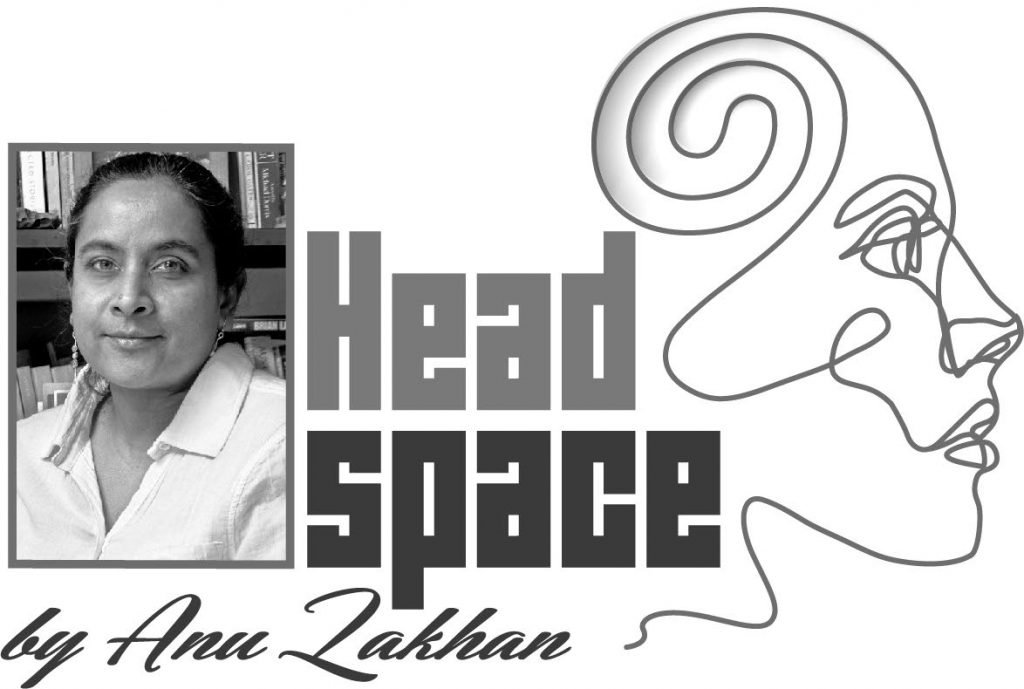An oddly German pain

Whatever you may think of the Germans (their food, football, Nazis), there’s one thing you can’t take from them: they have the best words.
They are often viewed as cold, unfeeling people, but their vocabulary shows some of the most nuanced understanding of human conditions and emotions.
Schadenfreude, finding joy in the pain of others, has become quite mainstream. Don’t pretend you never had a little of that.
The less familiar Fremdscham really needs to catch on. It’s when you feel embarrassed on someone’s behalf. We’ve had a lot of cringeworthy moments from politicians and public figures this past year and change; I think we can all relate.
For a long time now, when asked how I’m doing, I say that I am “world sad.” I’m ok personally, more or less. Grateful for what I have; trying not to fret about what I don’t. You know, the things people want you to say when they ask how you are.
“World sad” is not a very elegant phrase, but it gets to the point. The world at large makes me sad. And no one – really, no one – wants to ask much more about that. I have a lot of very short conversations.
Weltschmerz is described as “world pain.” The feeling of having the weight of the world on your shoulders. What’s happening in the world – covid, wars, covid, poverty, covid, crime, covid, environmental degradation, covid – whatever it is, it makes you sad. It’s become a personally felt burden.
We need to better understand how we feel and respond to things in general. From the smallest hurt to the greatest trauma, we need to find the ways and resources to get past the superficial explanations we give ourselves, and the platitudes offered by others.
Headspace is a space in which I’d like to open the closed places that house how we feel when we’re feeling a bit off. When we know something is just not right. Or maybe when we suspect there is a better way to deal with something but we don’t know quite what it is or who to talk to.
I’m not a psychiatrist or psychologist. and this cannot be a guide to mental wellness.
But there can be questions and observations and stories about people who are going through things many of us have endured at some point. Or we had a friend who did. You know it’s always the friend.
Weltschmerz seemed like a good place to start because of when we’re starting and where we are.
So very many people are emotionally overwrought and overwhelmed in a way they couldn’t have imagined. We are utterly covid-ed out.
We don’t just want to stop being afraid to go out or to stop wearing masks. We also want to stop the assault of the seemingly endless and often confusing reports, press conferences, and statistics that never seem to bear us any good tidings. We want to stop being afraid that people we love will die from this (either the virus or the news).
In the past 15 months, some of the most balanced and perennially calm people I know have become nervous to the point of seeking medical attention.
I know a pious retiree who lives in a reasonably quiet rural space. This is the place she had always planned on retiring to. She is not living pressed up against her fellow man. She has a garden. Dogs.
Historically our conversations have been about family and recipes. Now, her voice is softer and it’s unsteady. Her breathlessness is not because she is ill; it is because she is that afraid of becoming ill. She no longer talks about much other than being scared.
In her heyday, this was a woman who played J’Ouvert and went straight to work after. If someone hassled her or her child, she was known to wield a mighty lunchkit in the middle of City Gate.
And I think, if she can be so scared now, what about those of us who had never been as brave or strong as she used to be?
But one thing gives me a bit of hope: she’s talking about it. She’s admitted it and she’s trying to make it stop by taking it out of the darkness where terror is wont to fester.
We need to talk about things like this.


Comments
"An oddly German pain"